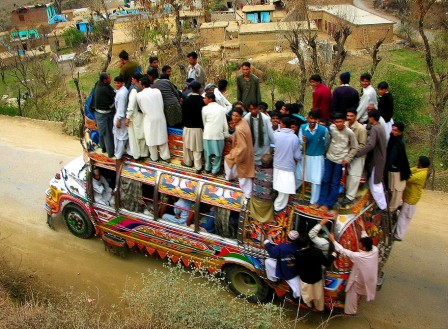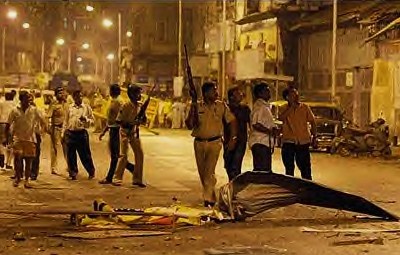Can India And Pakistan Finally Be At Peace?
Historical Background Of The Conflict Between Pakistan & India
The idea of a separate Muslim state in colonial British India first emerged in the 1930s. On March 23, 1940 Muhammad Ali Jinnah, leader of the Muslim League, endorsed the Lahore Resolution; calling for the creation of an independent state in regions where Muslims constituted a majority. In contemporary Pakistan Muslims represent 97 percent of the population.
At the end of World War II, Britain, weaken by its war efforts, moved ahead to grant India its independence. However, the predominantly Hindu Congress Party and the Muslim League could not agree on the terms of a constitution and failed to establish an interim government. In June 1947, the British government announced that it would bestow full dominion status upon two successor states: India and Pakistan.
Under this precarious arrangement, the various states could freely join either India or Pakistan. Accordingly, on August 14 1947 Pakistan which comprised Pakistan, provinces of Punjab, Sindh, Balochistan, the North West Frontier Province and East Pakistan became independent. In 1971, East Pakistan became the independent nation of Bangladesh.
The tensions between Pakistan and India started from the get go, mainly over the status of Kashmir. The Maharajah of Kashmir was reluctant to make a decision to join either Pakistan or India. However, armed incursions into Kashmir by tribesman from the North West Frontier Province led him to seek military assistance from India. The government of Pakistan refused to recognize Kashmir’s de facto accession to India. The status of Kashmir(see 1ST photograph) is still in dispute in 2010.
Can India and Pakistan Turn The Page On A Troubled Relationship?
Today, India and Pakistan’s Foreign Secretaries held their first meeting in 14 months. The talks are the first ones since the attacks on Mumbai in 2008 (see 2ND photograph) which India blamed on Pakistan based militants and on some elements of Pakistani intelligence agency ISI. Today’s talks are described as the first step to rebuild trust between the two countries.
“We had set out to take a first step towards rebuilding trust and I believe my meeting with Pakistan Foreign Secretary constituted the first step,” said India Foreign Secretary Nirupama Rao.
The resumption of India-Pakistan diplomatic talks has been welcomed by other world powers including the United States and China. However, both in India and Pakistan some political groups are fighting the renewed efforts for peace talks. India’s ultra nationalist Hindu Nationalist Party ( BJP party) described the meeting as “shameful” and “meaningless”.
“Pakistan is supporting terrorists. It does not stop cross-border terrorism. It does not have control over terrorists moving freely in that country. I don’t understand why we are holding talks with Pakistan’s government when Pakistanis do not listen to their government,” BJP party Nitin Gadkari told a rally in New Delhi today.
Editor’s Note: Please follow The News Junkie Post on Twitter.
Related Articles















You must be logged in to post a comment Login